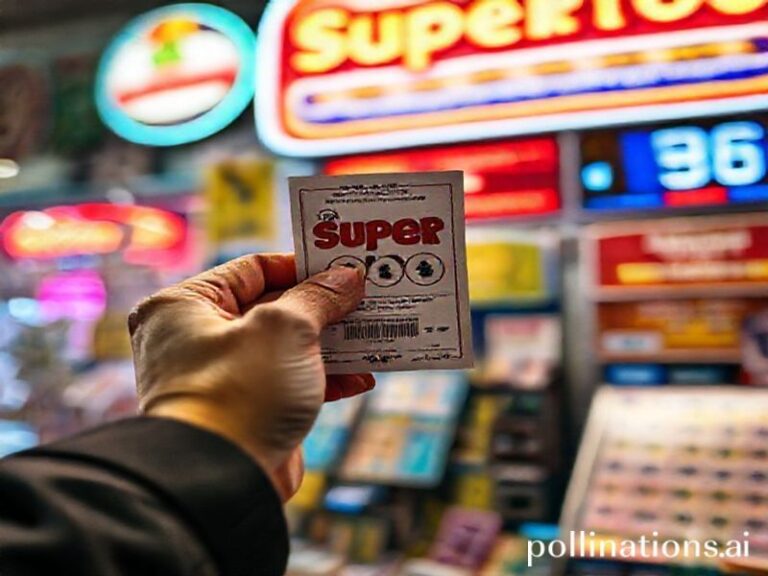Clash Royale: How a Finnish Phone Game Became the UN of Microtransaction Diplomacy
From the barrios of Bogotá to the banlieues of Paris, diplomats and day-laborers now share the same nightly ritual: thumbs flicking at 3-inch kingdoms, launching pixelated knights into other people’s phones with the solemnity of a drone strike. Clash Royale—Supercell’s four-year-old, free-to-start, pay-to-keep-your-dignity mobile skirmisher—has quietly become the most widely spoken second language on Earth. If NATO ever collapses, the alliance could probably be rebooted simply by dropping everyone into the same clan chat and telling them to max their e-barbs.
The numbers read like a Pentagon white paper nobody was supposed to see: 3 billion downloads, 16 languages, daily revenues that occasionally eclipse the GDP of island nations whose names autocorrect still underlines. Finland, a country historically famous for brooding composers and superior mobile-phone etiquette, now exports more rage quits per capita than any other commodity. Somewhere in Helsinki, a product manager is updating the balance-patch notes while listening to Sibelius and quietly humming, “Money, money, money, must be funny…”
But zoom out and the game becomes a geopolitical Rorschach test. In China, where the local version is re-skinned to keep the skeletons politically inoffensive, teenagers grind crowns between cram-school sessions, preparing for a future in which actual empires will be run by whoever can cycle a 2.6-elixir deck fastest. Across the Black Sea, Russian streamers monetize their salt in dollars, euros, and the occasional crypto wallet that may or may not finance a dacha on the annexed coast. Meanwhile, in the United States, members of Congress who still use flip phones draft antitrust bills aimed at Big Tech while their interns three-tab Discord, Reddit, and the Clash Royale API to see if the next balance patch nerfs their max-level Hog Rider.
The metagame is now a soft-power ledger. When Supercell buffs the royal delivery (the paratrooping box of hammers that nobody asked for), Reddit’s English forum erupts; Weibo shrugs; Arabic TikTok turns it into a meme about late pizza deliveries in Riyadh. Every tweak is a miniature trade war fought with spreadsheets instead of tariffs. The company’s Helsinki designers, most of whom were in kindergarten when the Twin Towers fell, now wield more influence over global dopamine levels than many elected parliaments.
And then there is the economy of microtransactions, a polite term for “death by a thousand 99-cent stabs.” Analysts compare the game’s monetization arc to a developing-nation debt crisis: early-game generosity lures you in, mid-game bottlenecks squeeze your wallet, end-game inflation renders last year’s credit-card swipes as quaint as Confederate dollars. UN development agencies could study it as a cautionary tale of extractive capitalism, except they’re too busy trying to buy the pass royale for their burner accounts.
Of course, the real battlefield is inside the human skull. Researchers at the University of Tokyo recently hooked up 400 players to EEG headsets and proved what every twelve-year-old already knew: losing to an over-leveled balloon freeze combo triggers the same cortical response as watching your national soccer team miss a penalty. The difference is that FIFA only ruins your evening; Clash Royale can ruin your entire fiscal quarter.
Yet the game persists because it scratches an ancient itch: the desire to build, to destroy, to belong. Clans named “PizzaSlayers” and “BTS_Army” negotiate cease-fires in broken English and emoji, proving that NATO’s Article 5 could probably be replaced by a crying-laughing face and a fireball spell. In a fractured world, shared frustration is the last reliable adhesive.
So when the servers finally go dark—because Tencent finally buys the last independent server farm, or because sea levels reach Helsinki—we’ll be left with a generation that learned diplomacy by spamming the yawning-king emote at strangers. Historians will call it the Clash Age: a brief, absurd period when the fate of imaginary towers felt more urgent than the fate of real ones. And honestly, given the alternative, who can blame us?







